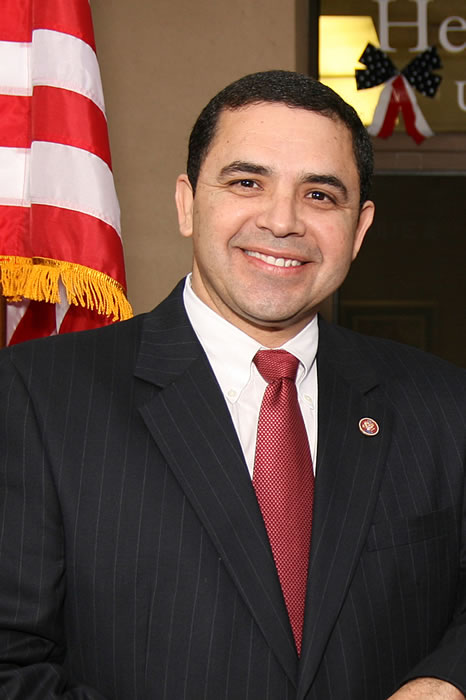
IN ECONOMIC RECOVERY BILL, HASTE MUST NOT MAKE WASTE by Congressman Henry Cuellar Economists across the political spectrum agree that today’s economic crisis is the worst in a generation. It has already lasted longer than any downturn since the Great Depression and cost the American economy 3.6 million jobs, and it shows no signs of stopping. 598,000 workers lost their jobs in the last month alone – roughly as many as if every worker in San Antonio were fired at once. The scale and immediacy of the economic unraveling presents lawmakers with a daunting challenge. We must act quickly to prevent the crisis from escalating, but that very haste could, if left unchecked, produce a recovery package checkered with waste, fraud, and abuse. From the moment it became clear that Congress would vote on economic recovery legislation, I’ve worked to match the unprecedented scale of the bill with unprecedented accountability. I joined other members of the Blue Dog Coalition, a group of 51 Congressional budget hawks who vote as a bloc against wasteful spending, to help devise sweeping provisions for transparency and accountability. Our work has helped to strip funds for numerous projects that did not belong in the stimulus package. Just as importantly, it has helped to produce the strictest oversight provisions ever to accompany a federal spending bill. Under these rules, the recovery package includes no earmarks. Every dollar spent will either go to competitive, merit-based programs or be distributed through existing funding formulas. This will help guarantee that projects are funded based on merit, not on political influence or back-room dealings. Before any state or city receives an infrastructure investment, the governor or mayor must certify that each project has been fully vetted – and must accept the responsibility for ensuring that the investment is an appropriate use of tax dollars. It is not enough to set high standards if these standards are not enforced. That is why every project funded will appear on a special website, Recovery.Gov, where the public can review how every dollar is spent and find the names of local officials to contact to report abuse. The bill also establishes a new Transparency Board that is required to aggressively investigate any reports of waste. The goal: to provide quick warning of wrongful spending so that it can be brought to an immediate halt. As encouraging as it is to see these far-reaching oversight provisions in such major legislation, they raise an obvious question: Why isn’t all federal spending subject to this degree of scrutiny? As the American economy recovers – and it will recover, as it has recovered from every other recession in our nation’s long history – Congress should view these strict accountability standards as the legacy of today’s crisis. We must not let transparency evaporate as the economy improves. The deficit spending of recent years is unsustainable, and Congress owes it to taxpayers to ensure that all future government spending is as efficient, effective, and accountable as possible.
|












